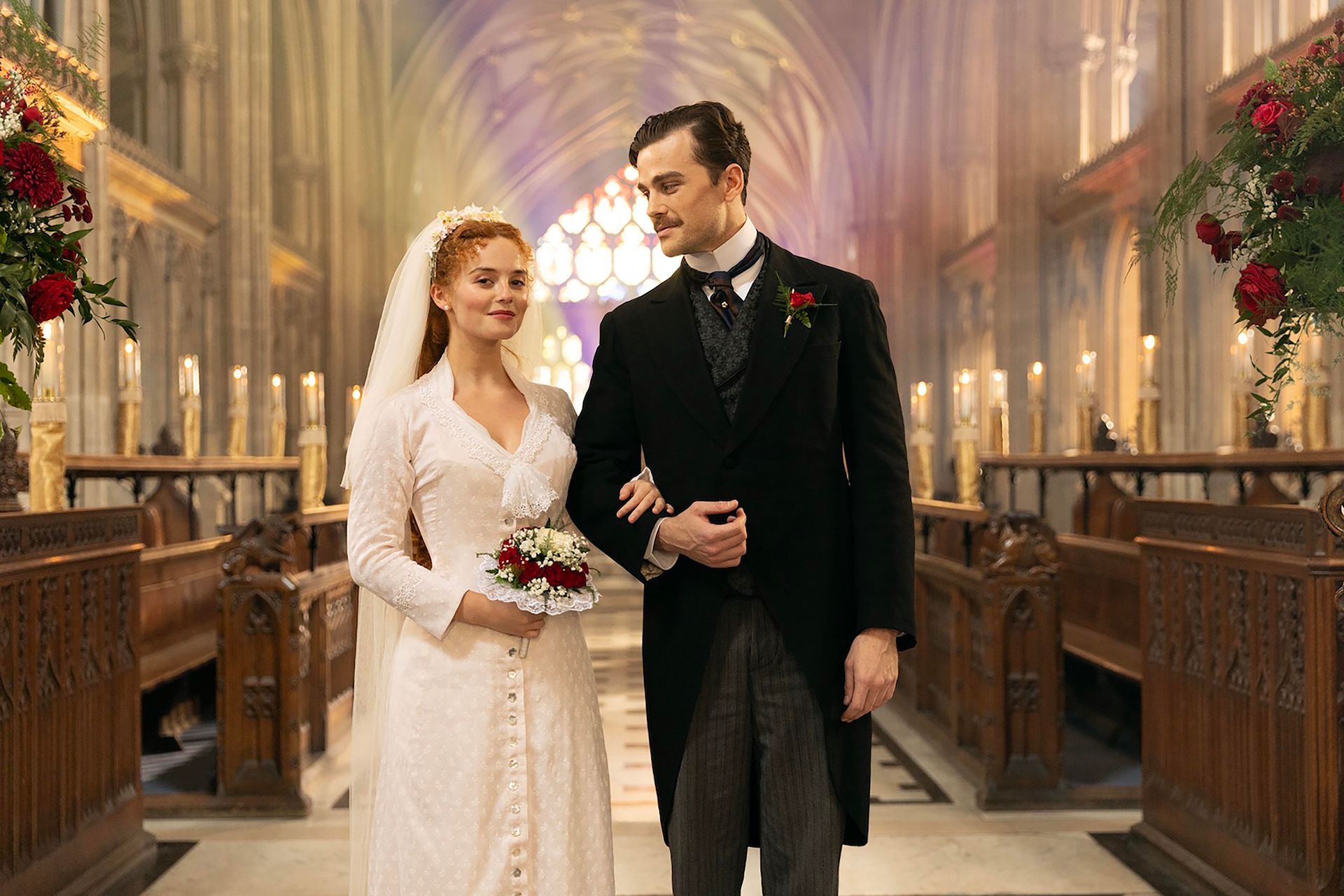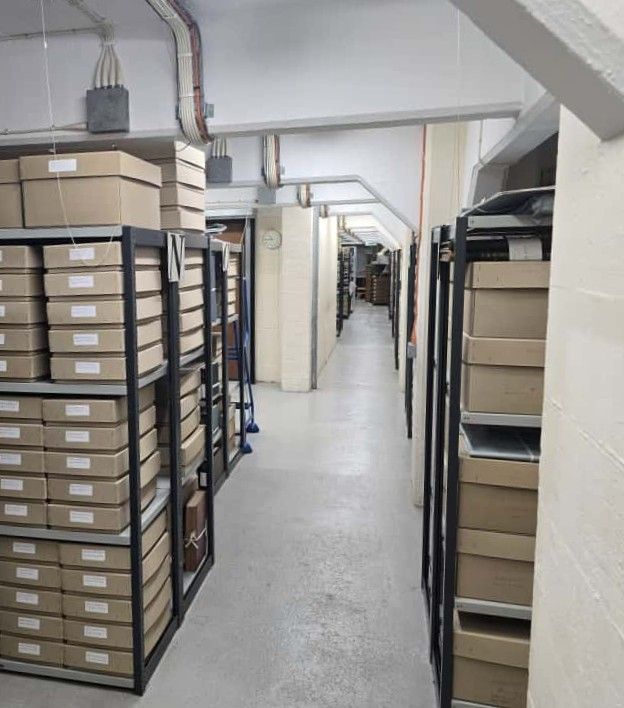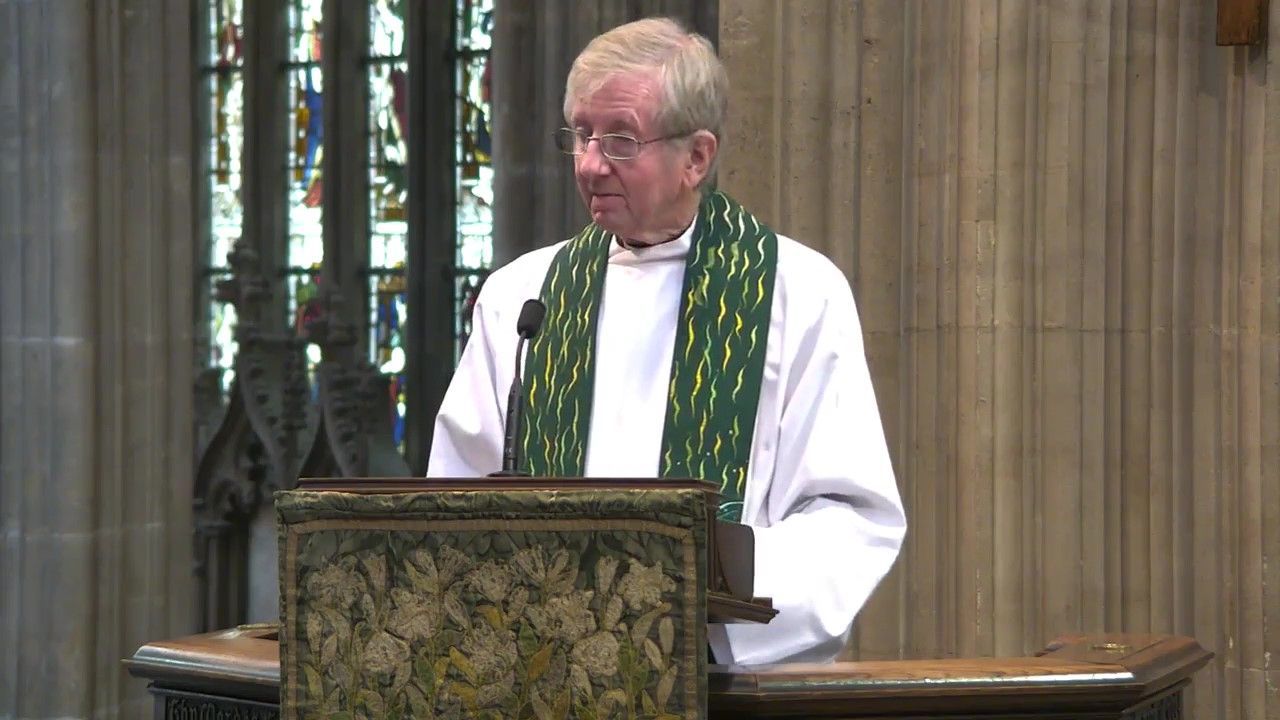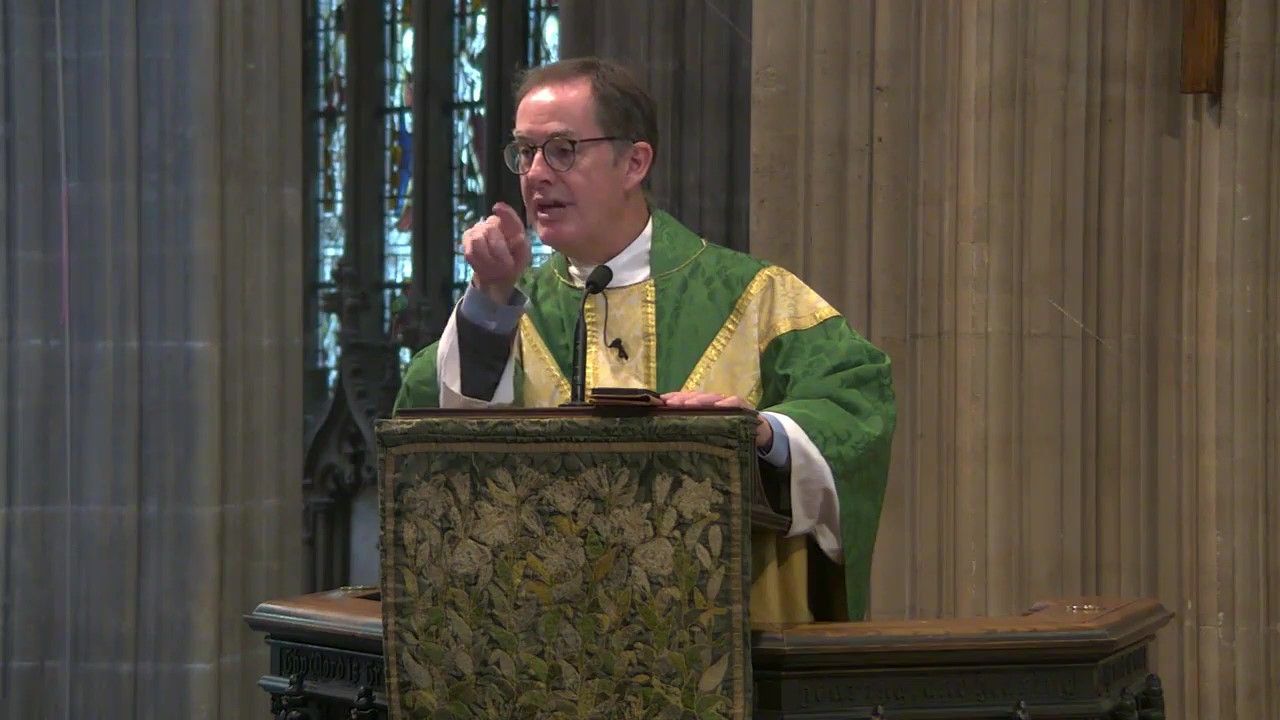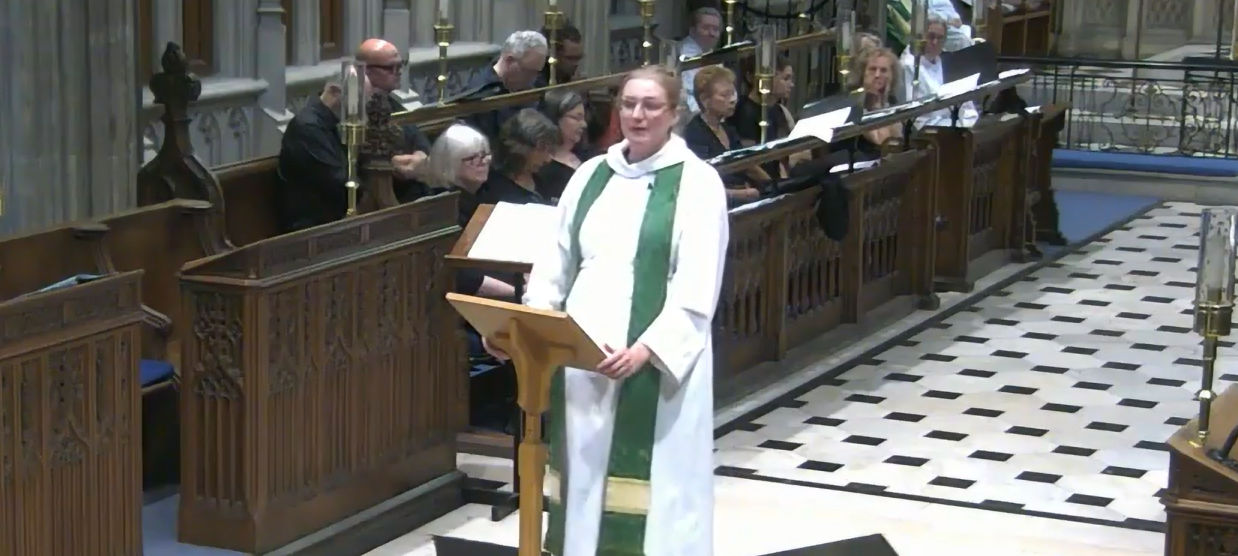Remembering the horror of war
Sitting in the heart of Bristol on a Friday afternoon feels totally removed from the horror of war. Most of us do not know the horror of war: yet the freedom we enjoy was won by those who did and by some who do still. This weekend we honour them and we thank them for their service.
Our service on Sunday morning will, as always, include the national two minute silence as we stand around one of our war memorials. Hopefully the weather won't deter us from being outside. If it does we shall stand under the list of the names of the men, from this parish, who died during the First World War: men who truly understood the horror of war.
Increasingly we are faced with additional complexities to our Remembrance: can we really remember "the fallen" without coming face to face with the current horror of war? This time last year we remembered the fortieth anniversary of The Falklands and the Russian invasion of Ukraine that happened in February 2022. Another year on and that war still continues.
More recently Hamas has broken out of Gaza and inflicted carnage on the people of Israel. I was very struck by the fact that more people per head of population died in Israel that day than died in 9/11 attacks on USA. It has been described as the worst atrocity carried out on Jews since the Holocaust. Every murder, all mass killings, are wrong and leave behind a trail of loss and grief and anger. For Israeli's though, it also brings into sharp relief an image that has faded but not faded away. I cannot comment on the recent events in Israel and Gaza without acknowledging this visceral link between the deaths of 7 October and the deaths in Nazi concentration camps. There is a corporate memory of the horror of war that lingers and, as I say, has been brought into sharp relief once more.
However, if Remembrance Sunday requires us to face the horror of war, then we cannot ignore the scenes coming from Gaza. The United Nations tells us that Israel has the right to defend herself; but also describes Gaza as 'a graveyard for children'. And if the mass killings of Jews evoke memories of the Holocaust, then the Israeli government urging of Palestinians to flee from their homes and head south evokes memories of the Nakba.
Just after the liberation of the Nazi concentration camps the whole world understood the need for a Jewish homeland. Palestinians were driven from their homes and out of their land to make way for the state of Israel. This is the Nakba: the Catastrophe. It was organised and orchestrated by the British Army. These two events happened just a couple of years apart. So it is possible, just possible, that British soldiers who were following orders to create a Jewish state were the very same British soldiers who had entered Bergen-Belsen, Auschwitz and other camps to be confronted by death, emaciated individuals and the depths of the horror of war.
None of this changes the past or the present. Both communities know what it is to suffer and to inflict pain. Both communities have utterly innocent people who get caught up and dragged into the arguments, the politics, the fighting that others are waging, apparently on their behalf. Both communities understand what it is to be reviled, to be caged and to yearn for freedom - freedom from fear and want; freedom to choose and engage; freedom for hope and love.
This Sunday, in the comfort of a beautiful building, in company with people that do not wish me harm, with all the food and drink I need, without any fear of attack or reprisal and with no knowledge at all of the horror of war ... I shall remember them.
Dan Tyndall
10 November 2023
